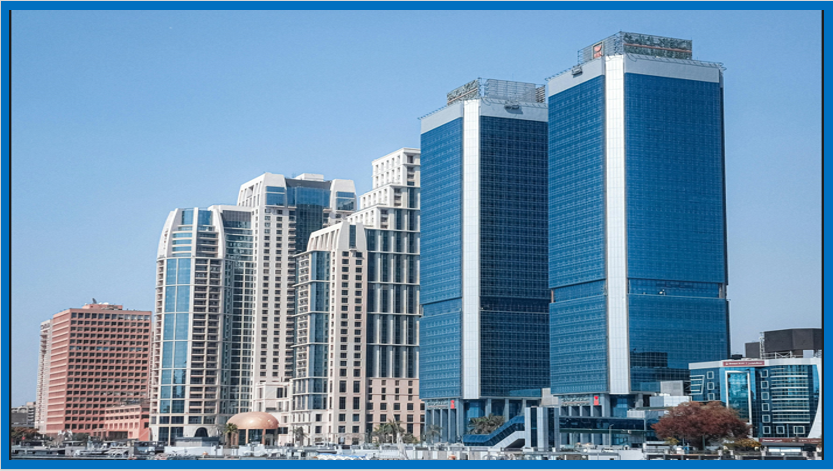CAIRO, June 14, 2025 — In a major move to safeguard its energy future, Egypt has finalized a sweeping set of liquefied natural gas (LNG) supply agreements with some of the world’s top commodity traders, including Saudi Aramco, Trafigura, Vitol, and Shell. The landmark deal secures up to 160 cargoes of LNG, ensuring stable gas supplies for the second half of 2025 and into 2026.
The multi-party agreement marks one of the largest LNG procurement initiatives undertaken by the North African nation in recent years, underlining both Egypt’s growing energy needs and its strategic importance in global energy markets.
According to sources familiar with the matter, the agreed pricing includes a premium of $0.70 to $0.75 per million British thermal units (mmBtu) above the Dutch Title Transfer Facility (TTF) benchmark — a competitive margin in the current global LNG pricing environment. This pricing structure reflects Egypt’s robust credit risk profile and strategic location, as well as strong competition among sellers to secure long-term footholds in the MENA region.
“This deal is a testament to Egypt’s credibility as a buyer and its relevance as a hub in the regional energy architecture,” said a Cairo-based energy analyst. “It also signals a more proactive approach from the government to buffer against seasonal demand spikes and potential market volatility.”
Strategic Timing and Supply Security
The agreement comes at a critical juncture for Egypt. While the country has been positioning itself as a re-export hub for Eastern Mediterranean gas, it has faced periodic supply constraints driven by rising domestic demand, limited upstream investment, and reduced regional flows.
By locking in forward cargoes now — well ahead of winter 2025 — Egypt aims to avoid the type of shortfall experienced in previous years, when high spot prices and supply disruptions forced costly last-minute purchases or curtailments to exports.
In addition to supply security, the deal provides operational flexibility. Traders such as Trafigura and Vitol are expected to use their global portfolios to optimize delivery schedules, ensuring Egypt receives cargoes during peak consumption periods while maximizing value for both sides.
Role of Global Players
Saudi Aramco’s inclusion in the deal is notable, underscoring its ambition to expand further into the LNG sector, complementing its traditional oil dominance. Shell, already a key upstream partner in Egypt through its operations in the Western Desert and Mediterranean, is reinforcing its downstream trading footprint with this transaction.
Vitol and Trafigura, two of the world’s largest independent energy traders, bring market agility and deep LNG portfolio access — enabling them to deliver competitively priced cargoes, even amid tight global supply conditions.
Outlook
Egypt’s Ministry of Petroleum and Mineral Resources has not publicly disclosed the total value of the contracts or the exact delivery timeline, though market estimates suggest the entire procurement could exceed $2.5 billion, depending on prevailing TTF prices.
Industry observers see the deal as a strategic win for Egypt — one that reflects both market savvy and a commitment to long-term energy stability.
“This sends a strong message to the market: Egypt is back, it’s planning ahead, and it has the credibility to attract major trading partners on favorable terms,” said an international LNG consultant based in Geneva.
As global LNG markets prepare for another potentially volatile winter, Egypt’s move may set a precedent for other import-dependent nations looking to lock in supply amid ongoing geopolitical and climatic uncertainty.
Cairo Egypt Skyline by Yasser Amin Pexels



